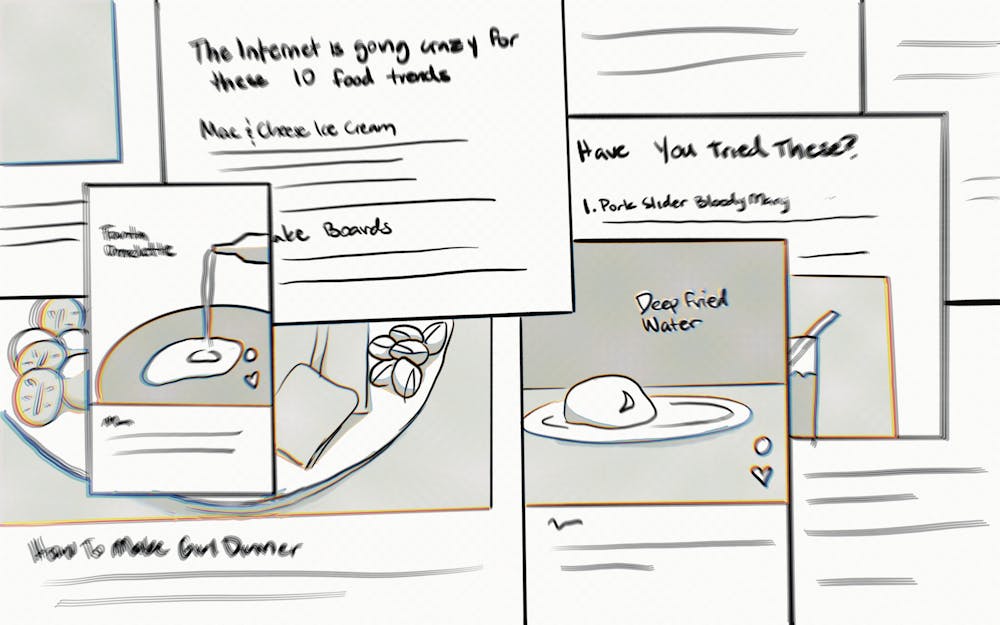We constantly hear about the newest health and food trends in the headlines, but understanding the underlying truth behind the hype can be challenging.
I’ve been tricked numerous times by companies who claim to have organic or all-natural products. Companies frequently make claims that are designed to be misleading for consumers, especially due to a lack of education surrounding food labeling. The goal of these businesses is to sell products and turn a profit, not help us in our healthy endeavors. How can we look past the packaging and become more conscious consumers?
It's hard to filter through the deceptive marketing some food companies practice. While some food labels are regulated by government agencies like the FDA and USDA, including “low sodium” or “organic,” others are not required to meet any standard. Phrases like “healthy” and “natural” do not have official definitions and can be used in misleading ways, so you need to do your own research.
Some advocates and consumers have turned to class-action litigation in order to stop big food from making misleading claims. A 2021 New York Times article shares some of the deceptive claims made by companies in these suits. These include "Cargill turkeys are sourced from ‘independent family farmers,’ Sargento cheeses contain ‘no antibiotics,’ and Tyson uses ‘humane and environmentally responsible production’ to raise its chickens while providing workers 'a safe work environment.’”
According to the complaints, Cargill turkeys are produced by contract farmers who don't have any say in how the birds are raised. Tyson chickens are not raised in a "humane and environmentally responsible production" environment. They are put into crowded sheds and exposed to antibiotic-resistant pathogens and chemical disinfectants. Is the Sargento cheese really “antibiotic-free”? Lab tests were done on the cheese, and the scientists discovered trace amounts of antibiotics.
This is the reality behind the deceptive claims.
The truth is humans are frequently lazy consumers. We like how easy it is to zip in and out of the grocery store. We want to feel good about purchasing items we think are good for us. Big food companies understand this and use it to their advantage every day. To become healthy consumers, we must take the time to research and understand the products we buy. If we're told something is whole-grain, we should verify it with 100% certainty.
One of the main reasons food companies can get away with these deceptive practices is the lack of nutritional research funded by our government. This allows wealthy food companies to sponsor their own research and studies, which skews the truth about their products. According to Vox, "Right now, nutrition science is horribly underfunded by the government — leaving lots of space for food companies and industry groups to sponsor research.”
The difference is striking when you compare studies from independent researchers and those sponsored by food companies. Take this Vox analysis from 2016 on soda and fruit juice, for example. While most consider these relatively unhealthy, research from these companies often draws a favorable conclusion about their healthiness. In contrast, independent research consistently finds it not to be healthy. This underscores the importance of seeking out and relying on independent research for reliable information.
One must be careful when reading food headlines and labels. It's easy to get tricked by what food companies claim when it may be a marketing tool to make their products seem better for you than they really are. I'm just as guilty of this, and as I move through the next few years of my life, I plan to take time to become more aware of the products I'm buying.
Jack Davis (he/him) is a freshman studying journalism.






